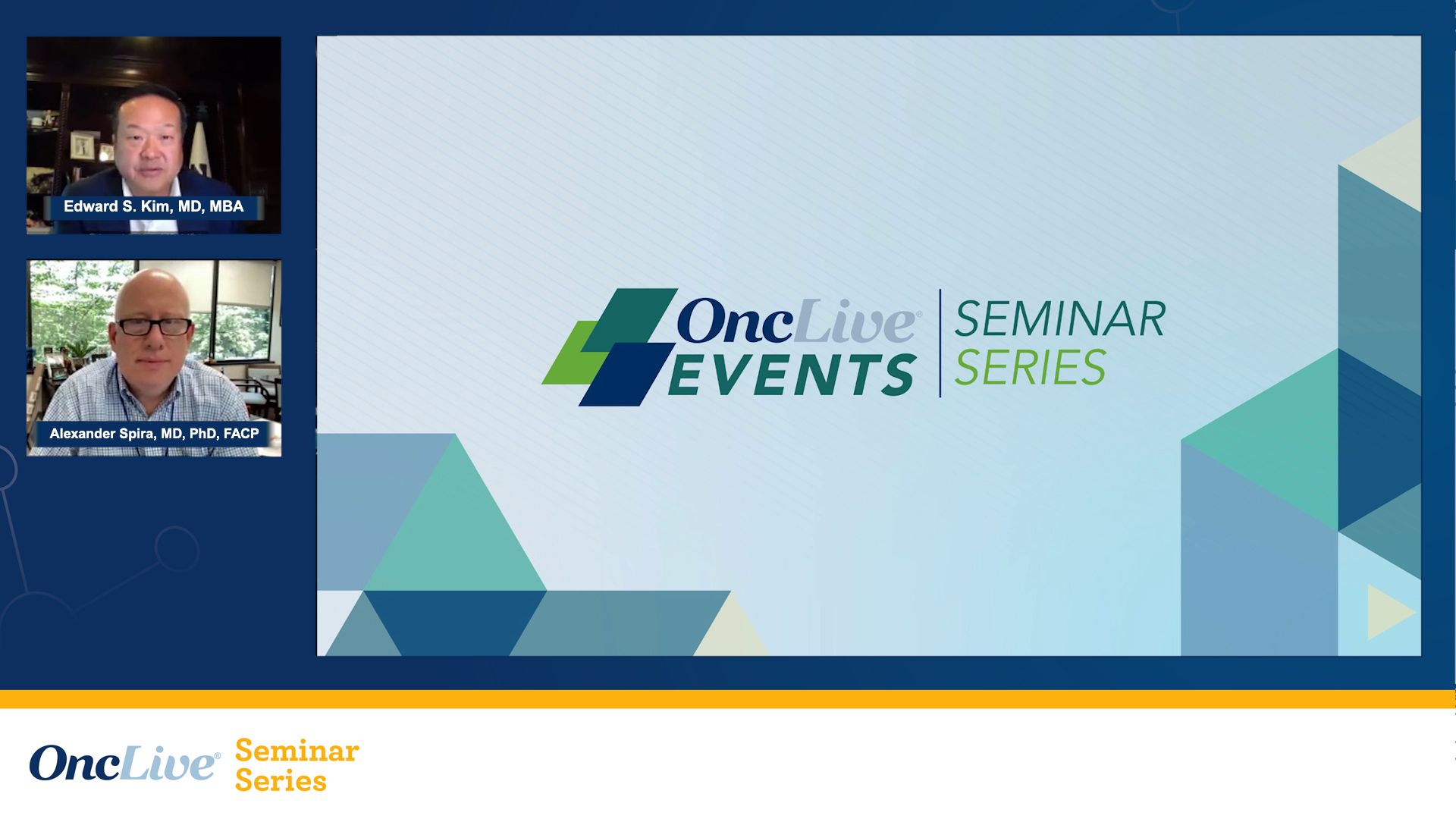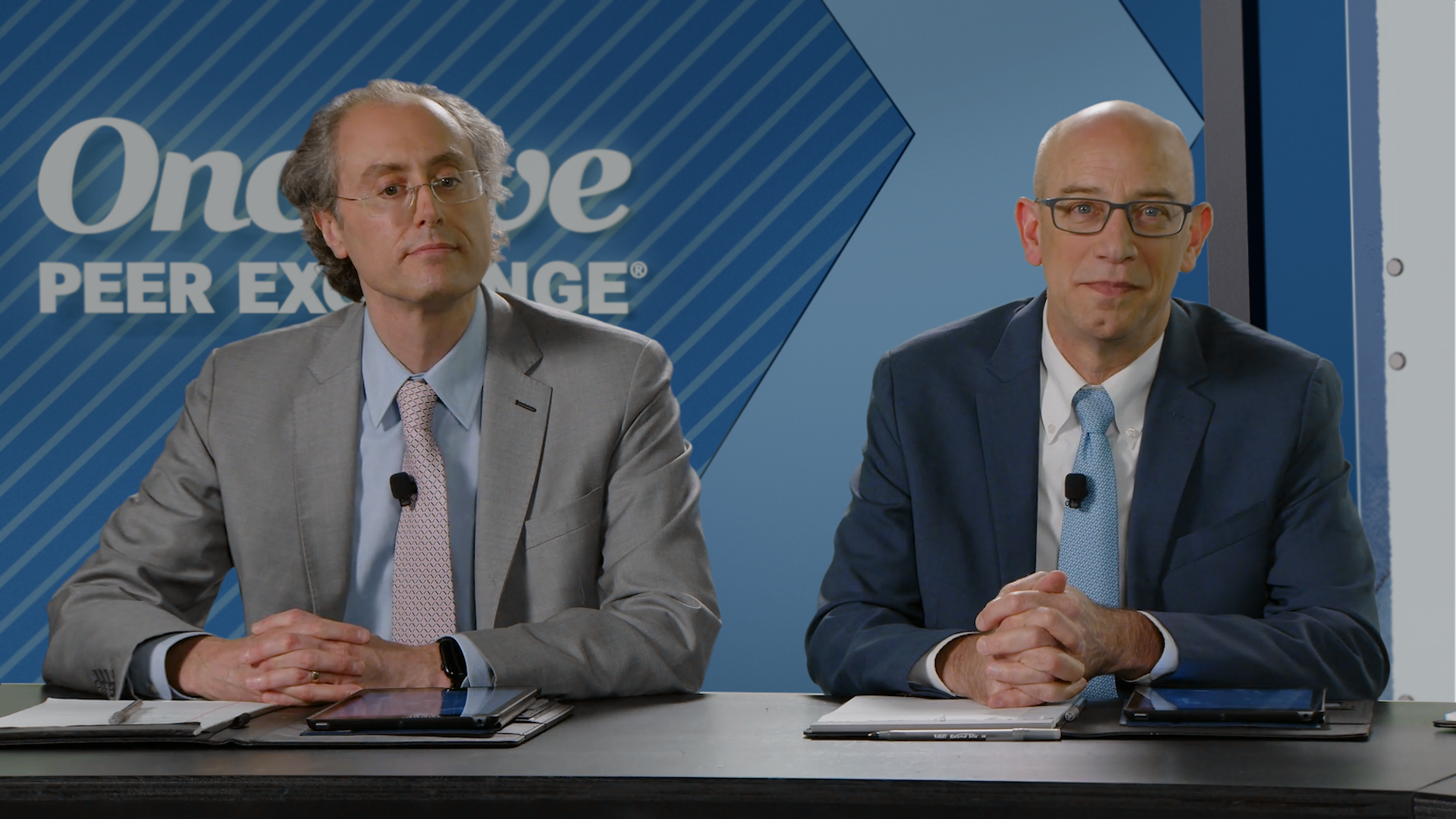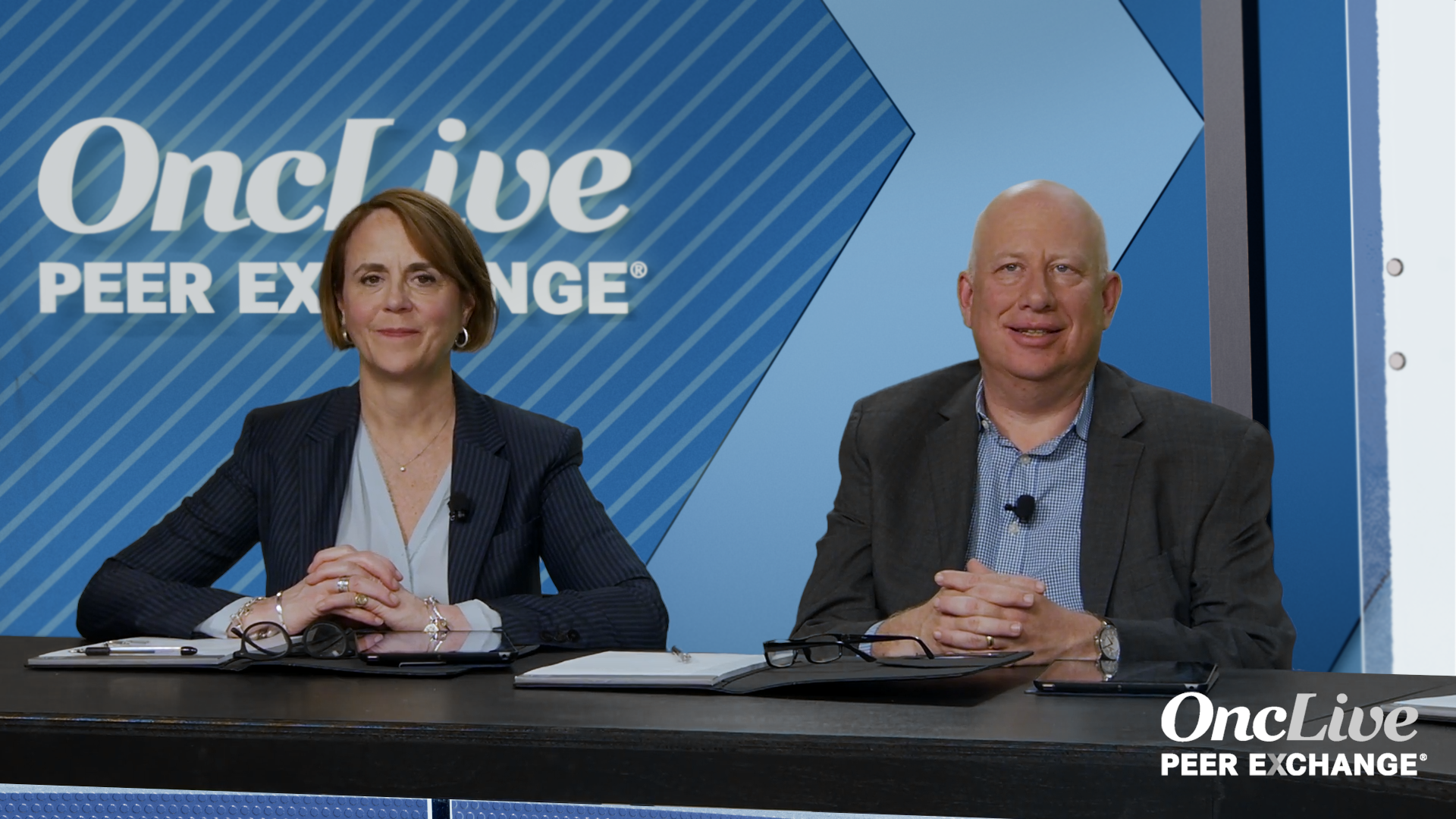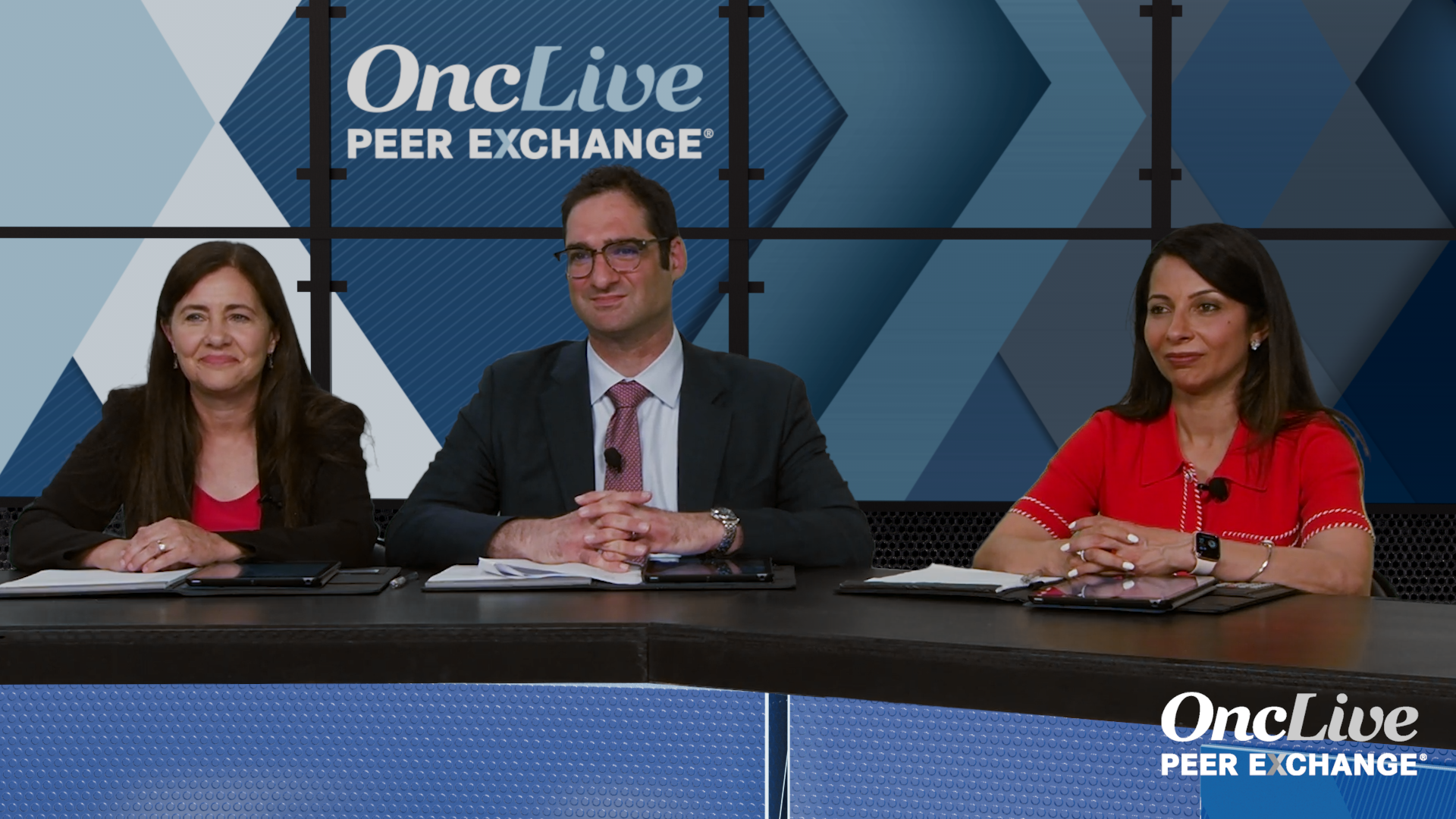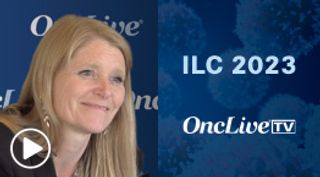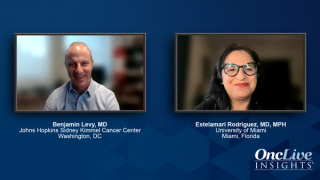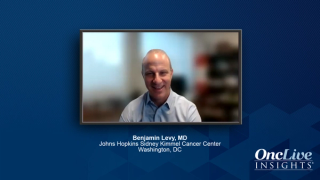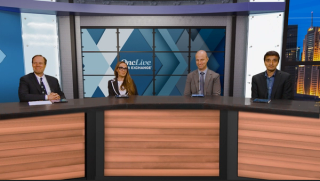
Lung Cancer
Latest News

The subcutaneous administration of atezolizumab produced non-inferior levels of the agent in the blood compared with intravenous atezolizumab in immunotherapy-naïve patients with locally advanced or metastatic non–small cell lung cancer who failed platinum-based chemotherapy.
Latest Videos

CME Content
More News
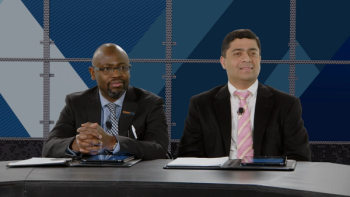
Dr Vivek Subbiah explains the clinical trial data that led to the approval of lurbinectedin for SCLC treatment.
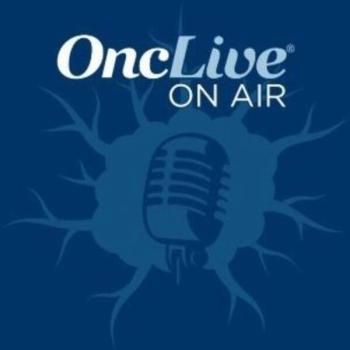
Dr Subbiah discusses research from the 2022 ASCO Annual Meeting, including phase 2 data (NCT04165772) in mismatch repair–deficient, locally advanced rectal cancer; findings from DESTINY-Breast04 (NCT03734029) in HER2-low unresectable and/or metastatic breast cancer; a first-in-human study (NCT04585750) in TP53-mutant advanced solid tumors; and data from LIBRETTO-001 (NCT03157128) in RET fusion–positive solid tumors.

Roy S. Herbst, MD, PhD, discusses the importance of evaluating ways of altering tumor host factors to improve response to immunotherapy in patients with lung cancer.
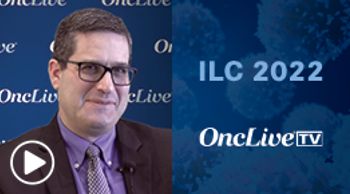
Daniel Morgensztern, MD, discusses ongoing research with amivantamab-vmjw in non–small cell lung cancer.

Lyudmila A. Bazhenova, MD, discusses NTRK inhibition with larotrectinib and entrectinib in patients with NTRK fusion–positive non–small cell lung cancer.

Daniel Morgensztern, MD, discusses updates on the investigation of bispecific antibodies and bispecific T-cell engagers in non–small cell lung cancer and small cell lung cancer.

Jonathan Wesley Riess, MD, MS, discusses a phase 1 trial examining the combination of sapanisertib and telaglenastat, and explains why glutaminase inhibition is being investigated as a novel way to treat select patients with non–small cell lung cancer.

EGFR TKI–Based Combos Could Lead to More Tailored First-Line Treatment Options in EGFR-Mutated NSCLC
Leveraging EGFR TKIs as a backbone for combination therapies will be pivotal for expanding treatment options and delivering more personalized therapies in the first-line setting for patients with non–small cell lung cancer harboring EGFR mutations.

PD-L1 and tumor mutational burden are established biomarkers for leveraging immunotherapy in non–small cell lung cancer; however, their use may not be appropriate in determining treatment decisions for all patients.

With two highly selective and active RET inhibitors approved for use in patients with metastatic RET alteration–positive non–small cell lung cancer, the dilemma is not determining which agent to select but ensuring that next-generation sequencing is done up front and in the presence of acquired resistance.
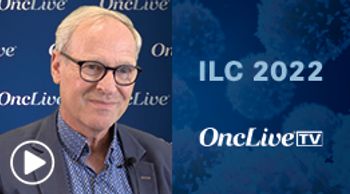
Paul Baas, MD, PhD, discusses the benefits of immunotherapy in subpopulations of patients with mesothelioma.
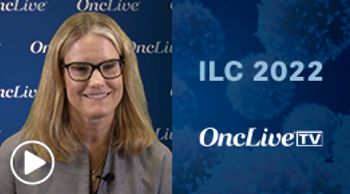
Karen Reckamp, MD, compares capmatinib and tepotinib, 2 drugs that are approved for the treatment of MET exon 14–mutated non–small cell lung cancer.
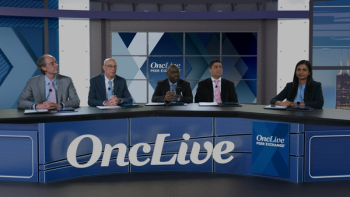
The panel discusses the second line treatment options in SCLC and how they choose among the various options based on patient and disease characteristics.

Vivek Subbiah, MD, MPH, presents the patient profile of a 60-year-old man with SCLC who progressed on frontline therapy.
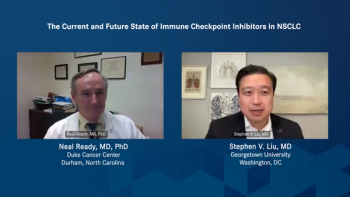
A brief discussion on when it is appropriate to discontinue chemoimmunotherapy in patients with advanced non–small cell lung cancer.

Shifting their focus to chemoimmunotherapy combinations in advanced NSCLC, experts review clinical trial data from KEYNOTE-189, IMpower150, and EMPOWER-Lung 3.

Ignacio I. Wistuba, MD, explains how major pathological response and pathological complete response should be interpreted and their role as clinical end points.

Thought minimal residual disease can serve as an indicator for poor outcomes for patients with non–small cell lung cancer, it is not necessarily a predictor of response to immunotherapy.

A pre–new drug application meeting was held with representatives from Turning Point Therapeutics, Inc. and the FDA to discuss repotrectinib as a potential therapeutic option for patients with ROS1-positive advanced non–small cell lung cancer.

Cancer experts at the Sylvester Comprehensive Cancer Center: Annual Oncology Update shared important progress across a wide range of cancers — prostate cancer, breast cancer, colon cancer, and more — that was presented at the American Society of Clinical Oncology 2022 Annual Meeting, the largest gathering of cancer clinicians and scientists in the United States.
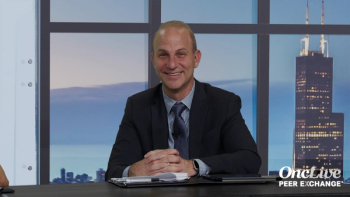
Panelists review clinical trial data in the setting of EGFR-mutant advanced NSCLC and consider which therapy they would use at progression.
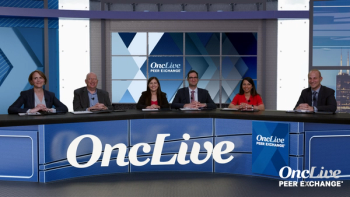
Comprehensive review on various neoadjuvant strategies under review in the setting of resectable non–small cell lung cancer.

Twelve years after key research into immune checkpoint inhibitor therapy first made a splash at the American Society of Clinical Oncology Annual Meeting, evidence continues to mount that supports the durability of these agents in a range of cancers.

Shared insight on the optimal selection and use of single-agent immunotherapy guided by the testing and expression of PD-L1.
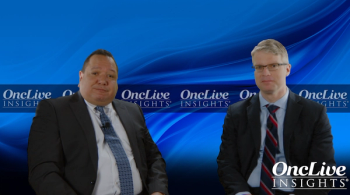
Martin Dietrich, MD, PhD, and Edgardo Santos, MD, FACP, offer closing remarks on unmet needs and future directions in the management of CIM including other disease states where trilaciclib may offer myeloprotective benefit.


